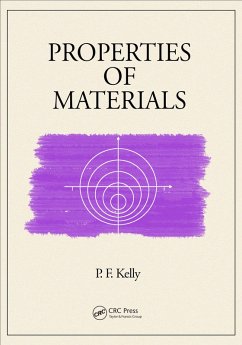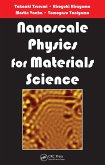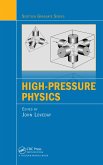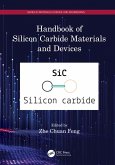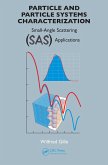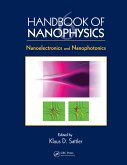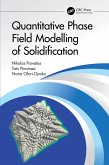This second volume in the author's three-part series applies the principles of classical mechanics to qualitatively and quantitatively model specific features of matter. With more than 300 problems, the book can be used as a primary text, supplement, or exam review. It focuses on elasticity, fluids, oscillation, waves, acoustics, optics, and thermodynamics. Throughout the investigations of particular phenomena, the author emphasizes the modeling of composite systems assembled from simple constituents.
Dieser Download kann aus rechtlichen Gründen nur mit Rechnungsadresse in A, B, BG, CY, CZ, D, DK, EW, E, FIN, F, GR, HR, H, IRL, I, LT, L, LR, M, NL, PL, P, R, S, SLO, SK ausgeliefert werden.

